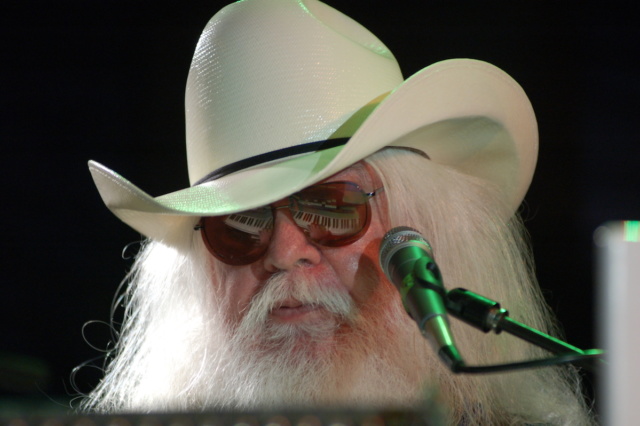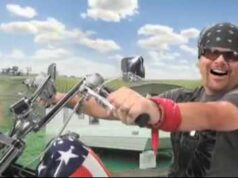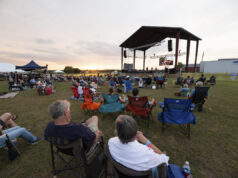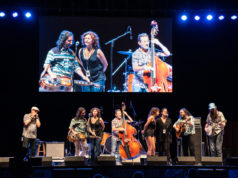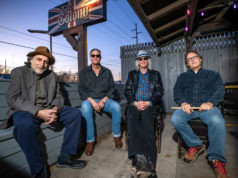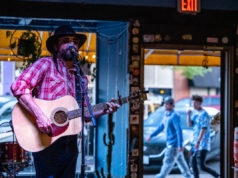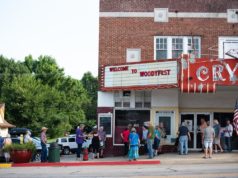TULSA, Oklahoma — Leon Russell died at the age of 74 on Sunday. Russell was a creative juggernaut who was able to cultivate an epic musical career by relying on his deep knowledge of the creation, production and performance of music. His stunningly diverse output reveals a man on a journey of constant self-reinvention.
Over a career spanning seven decades, Leon Russell was a first-call Los Angeles session musician who made the improbable jump to rock-star status. He promptly formed a label, built two recording studios in his native Oklahoma and took on the title of record producer and label president. He was uniquely able to match his varying roles in the music business with an artistic ability to follow his own musical path, recording rock, country, gospel, jazz, bluegrass and anything else he wanted to.
Home Sweet Oklahoma
Russell had a front-row seat for the explosion of rock and roll onto the national scene in the 1960s. Starting out, he cut his chops playing rock and roll in Tulsa clubs while he was still a student at Will Rogers High School.
He had moved to Los Angeles in 1958 to “chase my dreams” as he said in Home Sweet Oklahoma. Upon arriving in Los Angeles, he was able to drum up session work while also playing in clubs on the Sunset Strip.
“I started out playing demos, mainly, you know, for $10 a song and I got to eat that day,” Russell said in the documentary about the Wrecking Crew, the informal name given to the group of session musicians who made records for many of the top acts of 1960s.
By the time the youth counterculture was taking off, Russell was firmly entrenched in the Los Angeles scene, practically living in L.A. studios, playing keyboards. The next few stages of his journey also show that he was paying close attention to the growing power of the recording studio in music production, soaking up the explosive creativity that was saturating the studios of Los Angeles.
By 1968 Russell had seen so much success as a session musician that he built his own home studio on Skyhill Drive. The extraordinary nature of having a home studio at this time cannot be overlooked. That Leon had one built is a clear sign of his monetary success as a session musician and his appreciation for the power that recording studios were gaining as an instrument all itself. At the same time, his house became an Okie-embassy for other musicians from the Sooner State who had come to L.A.
This is not to say Russell retreated into the studio. In 1969, his reputation as a preeminent performer was forever solidified by his work for Joe Cocker. Russell was enlisted to produce and musically direct Joe Cocker’s U.S. tour following his breakout success with Little Help From My Friends and Feelin’ Alright. The tour was dubbed Joe Cocker’s Mad Dogs and Englishmen. Russell assembled a veritable traveling rock orchestra to back Cocker, employing two drummers, a large back-up chorus and top-rate musicians who went on to work with Eric Clapton and the Rolling Stones.
From session musician to recording artist
When Leon Russell was ready to make the switch from session musician to recording artist, he turned to the people he had previously worked for. International rock stars litter his debut solo album. Half the Beatles and nearly all of the Rolling Stones played on his first solo project, along with Eric Clapton and Steve Winwood.
Russell had successfully reinvented himself as a rock star, and he proceeded to act accordingly. He stole the show at the George Harrison-organized Concert for Bangladesh, using that appearance to springboard into a rock’n’roll evangelist, rapturing crowds with an intense energy that was rooted in gospel and the old-school tent revival. He had finally arrived as a bona-fide rock star. Because of his strong roots as a session musician, he felt comfortable enough with the music business to reinvent himself once more as a record producer and label owner by setting up Shelter Records. Defying conventional wisdom, he left Los Angeles at the height of his popularity to renovate an old church into a world-class recording studio in his hometown of Tulsa.
Leaving L.A. at the height of his stardom to go back to Tulsa was an unusual move to say the least, but Russell was just getting started. For the follow-up to his most successful album, Carney, he again reinvented himself and threw his hat in the ring with the outlaw country movement. Using the Nashville session musicians that he grew up listening to, he recorded a honky tonk album, Hank Wilson’s Back, full of 1950s country hits. Hank Wilson became Russell’s honky-tonk crooner alter ego. Through this project he linked up with Willie Nelson, trading in his famous psychedelic top hat for the cowboy hats he was known to wear the rest of his days. He became a regular at Nelson’s birthday picnics, jamming with the likes of Waylon Jennings and a slew of Texans that would go on to make Austin a cool place to live.
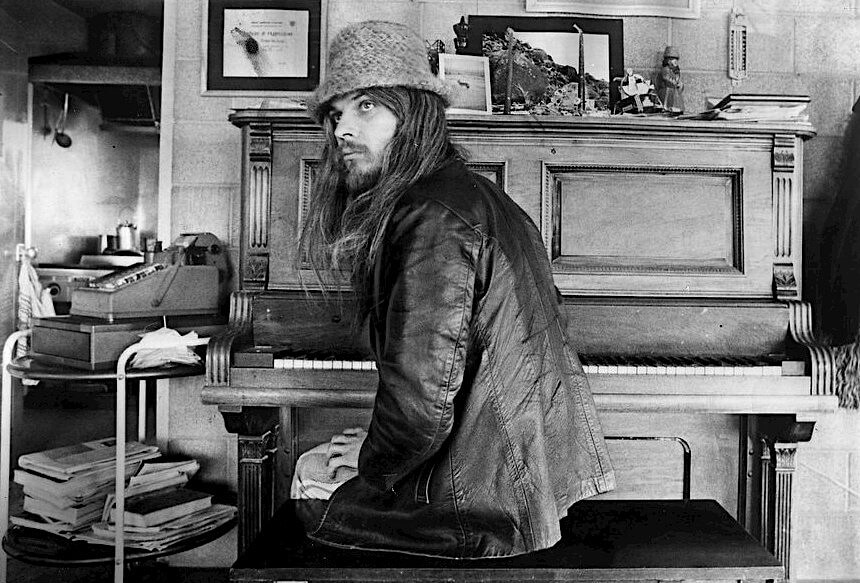
Respect in the music industry
By the late 1970s, Leon had lived twice the lifetimes that most musicians do. The wide range of artists who covered his songs illustrated his universal respect in the music industry. Donny Hathaway made Song for You his theme song. The Carpenters climbed the charts with Super Star, George Benson had a hit with Masquerade, and Joe Cocker found success with Delta Lady.
In the end, Leon Russell wasn’t just in the music business; he was about the business of making music. He could do it all: compose, arrange, produce, perform and record. His legacy is inherently unique because of the great many roles he was able to perform on his journey through this world. He ranks among the very best when it comes to artistic growth and progression, his peers in that regard being Joni Mitchell or David Bowie.
As an artist, he was able to dream the dreams. As a consummate professional musician and producer, he was able to manifest those dreams into song. He was truly a master of space and time.









